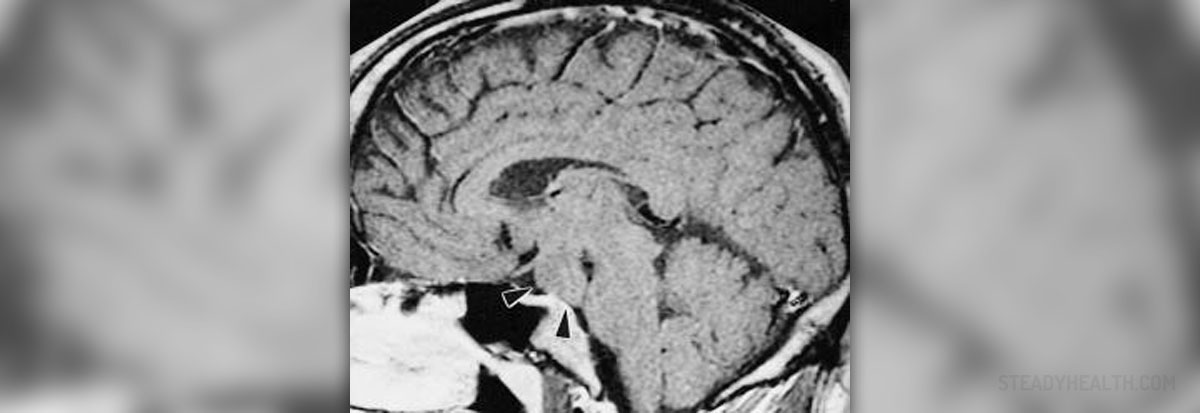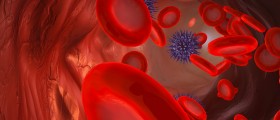
The hypothalamus is a cone shaped part of the brain that contains certain number of small brain nuclei and performs many functions. This part of the brain is predominantly in charge of controlling body temperature. It also controls thirst, hunger and sleep. Furthermore, this part of the brain controls the function of the pituitary gland so indirectly it controls all the hormones produced by the pituitary gland. In case of hypothalamic disorders the most common problems are actually associated with metabolism and there are also several more symptoms and signs of the disease.
Causes of Hypothalamic Disorders
A variety of illnesses and factors may be related to hypothalamic disorders. The problem, for example, may be associated with excessive intake of iron. Still there are more common causes than the previous one and they are usually related to hypothalamic disorders.
In malnutrition many of the essential nutrients are not taken on regular bases. The body and consequently the brain and hypothalamus are deprived from nutrients and this may be one cause of improper functioning of the hypothalamus. Even anorexia may be responsible for the occurrence of hypothalamic disorders since it features with insufficient intake of food but unlike malnutrition which is cause by actual lack of food in anorexia patients refuse to eat since they think they are too fat. Furthermore, any kind of trauma of the hypothalamic region may interfere in formal functioning of this part of the brain. And finally, brain tumors of the hypothalamic region are also connected with hypothalamic disorders.
Symptoms of Hypothalamic Disorders
The symptoms and signs are a mixture and are associated with both, the underlying condition and the very changes related to hypothalamic malfunction.
In majority of patients who have tumors in the hypothalamic region there are frequent headaches and problems with vision. Since the hypothalamus is in charge with regulation of the pituitary gland it may cause problems related to hormones produced by the pituitary gland. These problems are in a form of constipation, fatigue, weight gain, body hair loss, impotence etc. Improper functioning of the pituitary gland also affects the adrenal gland and causes specific symptoms of adrenal dysfunction. Since the hypothalamus is essential for regulation of body temperature its dysfunction usually leads to fluctuations in normal body temperature.
Apart from the previously mentioned hypothalamic disorders may cause hyperactivity in children. There is also a lack of proper growth. Children suffering from hypothalamic disorders are at higher risk of stunted growth. Treatment for Hypothalamic Disorders
The treatment for hypothalamic disorders depends on the underlying cause. It may be medicamentous or surgical. In children suffering from hypothalamic disorders the condition must be diagnosed and treated as soon as possible so that potential complications such as stunted growth can be successfully prevented.

















Your thoughts on this
Loading...